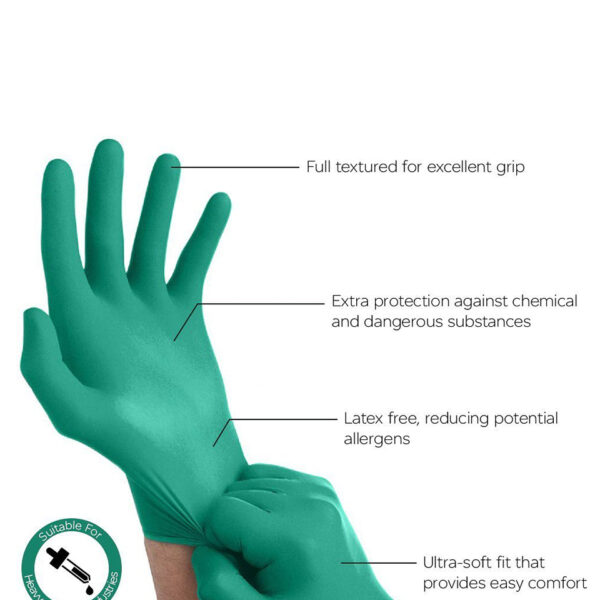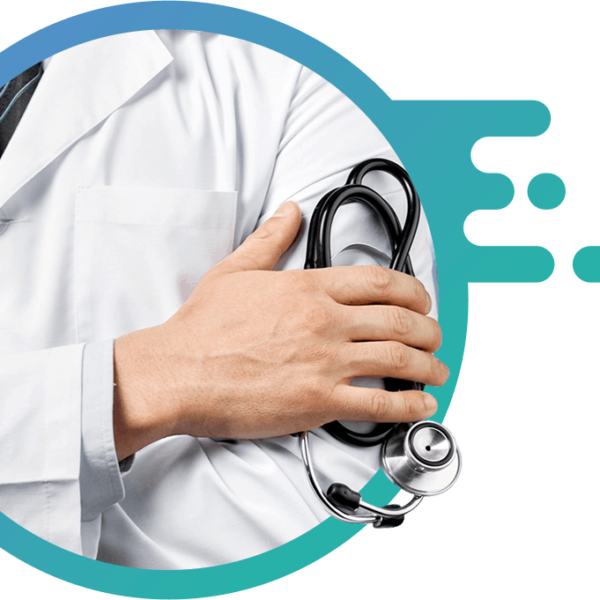
In today’s rapidly evolving world, the healthcare industry is experiencing significant transformation, thanks to innovative software solutions. The integration of technology into healthcare systems has opened up new possibilities for improving patient care, streamlining operations, and enhancing overall efficiency. At the forefront of this revolution are custom software development services, which are helping healthcare providers develop tailored solutions that meet their unique needs. From mobile health apps to cloud-based platforms, the potential for innovation in healthcare is vast.
Role of Software in Modern Healthcare
Healthcare organizations are constantly seeking ways to improve patient care and streamline their internal processes. By adopting cutting-edge software solutions, they are able to address some of the industry’s most pressing challenges, including patient engagement, data security, and operational efficiency. This is where healthcare software development comes into play.
One of the key areas driving this transformation is the development of healthcare-specific mobile applications. A mobile app development company can create a wide range of healthcare solutions, from telemedicine platforms to health-tracking apps, allowing patients to take control of their healthcare experience. With the demand for digital healthcare services on the rise, investing in app development services is no longer optional—it’s a necessity.
Key Benefits of Healthcare Software Solutions
1. Enhanced Patient Care and Engagement:
One of the most significant benefits of healthcare software development is its ability to improve patient care. Custom software solutions can enable healthcare providers to create tailored programs that focus on patient-centered care. Whether it’s providing patients with real-time access to their medical records or offering personalized treatment plans, software solutions make healthcare more accessible and efficient.
Healthcare mobile apps, for instance, offer patients the ability to schedule appointments, track medications, and even communicate with their doctors from the comfort of their homes. This convenience not only improves patient satisfaction but also leads to better health outcomes. With the help of a mobile app development company, healthcare providers can create patient-focused apps that facilitate seamless communication between patients and healthcare professionals.
2. Streamlined Operations and Efficiency
In the healthcare industry, operational efficiency is critical. Hospitals and clinics handle a vast amount of data daily, from patient records to billing information. By utilizing custom software solutions, healthcare providers can streamline these operations and reduce manual workload. Healthcare software can automate tasks such as appointment scheduling, billing, and patient management, leading to faster processing times and fewer errors.
Custom healthcare software solutions can also integrate with existing electronic health record (EHR) systems, making it easier to manage and share patient information securely across various departments. This improved workflow reduces administrative burdens on healthcare staff, allowing them to focus more on patient care.
3. Improved Data Security and Compliance
Healthcare organizations are bound by strict regulations regarding patient data security and privacy, such as HIPAA (Health Insurance Portability and Accountability Act) in the United States. Custom software solutions can help ensure that healthcare providers remain compliant with these regulations by offering built-in security features like encryption, access control, and secure cloud storage.
By partnering with a custom software development company, healthcare providers can build secure systems that safeguard sensitive patient data and minimize the risk of cyberattacks. With the increasing threat of data breaches in the healthcare industry, it is essential to implement robust software solutions that prioritize security and compliance.
4. Telemedicine and Remote Care Solutions:
The global pandemic has accelerated the adoption of telemedicine, making it one of the most sought-after healthcare services today. Telemedicine allows patients to consult with healthcare providers remotely, eliminating the need for in-person visits. This not only improves access to care, especially for patients in rural or underserved areas, but also reduces the strain on healthcare facilities.
Custom telemedicine platforms developed by app development services enable video consultations, remote monitoring, and secure sharing of medical information between patients and providers. With the integration of AI-powered diagnostics, telemedicine can also provide more accurate and timely assessments, further revolutionizing patient care.
Future Trends in Healthcare Software Development
As technology continues to advance, we can expect to see even more innovations in healthcare software development. Here are a few trends that are shaping the future of healthcare:
1. AI and Machine Learning in Healthcare:
Artificial intelligence (AI) and machine learning are already making significant strides in healthcare, and their potential continues to grow. From AI-powered diagnostics to predictive analytics, these technologies can help healthcare providers deliver more personalized care and improve patient outcomes. AI-based tools can analyze large datasets to identify patterns and trends, allowing healthcare providers to make more informed decisions.
2. Wearable Devices and IoT Integration:
The integration of wearable devices with healthcare software is another trend that is revolutionizing patient care. Wearables such as fitness trackers and smartwatches can monitor vital signs, track physical activity, and even detect early signs of illness. By connecting these devices to healthcare software platforms, patients and doctors can gain real-time insights into a patient’s health, leading to more proactive care.
3. Blockchain for Secure Health Records:
Blockchain technology is gaining traction in healthcare for its ability to provide secure, tamper-proof systems for storing and sharing health records. Blockchain can ensure that patient data is only accessible to authorized individuals, reducing the risk of data breaches. As healthcare organizations look for more secure ways to manage patient information, blockchain could become an essential tool in healthcare software development.
Conclusion
The healthcare industry is on the brink of a technological revolution, with healthcare software development at its core. By investing in custom software development services and partnering with a mobile app development company, healthcare providers can enhance patient care, improve operational efficiency, and ensure data security. As technology continues to evolve, the possibilities for innovation in healthcare are endless.
If you’re looking to transform your healthcare services through digital solutions, working with a reputable mobile app development company is a critical step. Whether it’s developing a patient-focused mobile app or creating a custom telemedicine platform, the right app development services can help you stay ahead of the competition and revolutionize the way you deliver healthcare.











